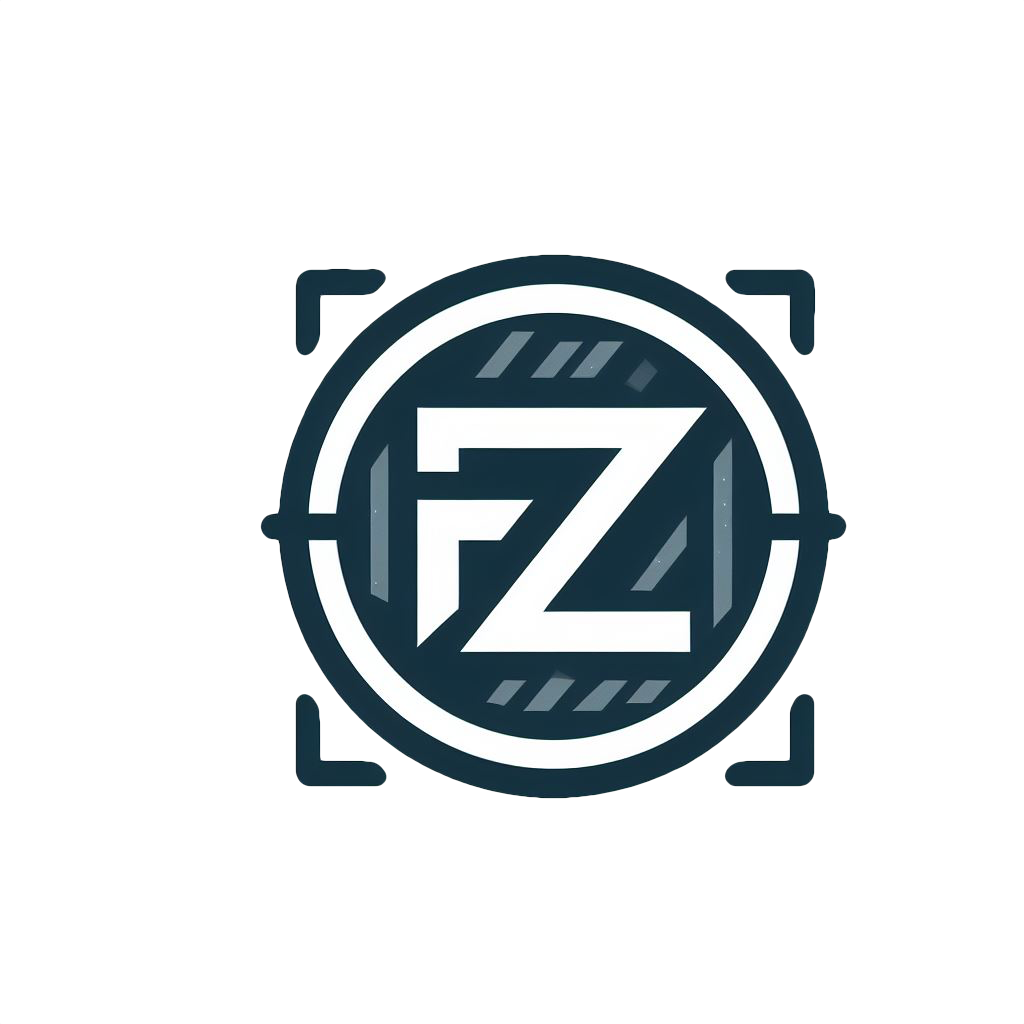Trying to discover new/unheard Linux desktop programs (Sorry for the confusion).
Edit: I apologise for confusing a lot of people. I meant Linux desktop “programs” coming from Windows/Mac. I’m used to calling them “apps”.
Edit: 🙌 I’m overwhelmed with the great “programs” people have recommended in the comment section. Thank you guys.
Any flavor of vi, Gnu Screen, lrzsz, bash with the usual cli tools (awk, sed, grep, tail, head, rev, cat, tac, and recently jq and yq). Also openssh client. Some flavor of netcat is also crazy useful too. This is a good home for me to do my thing.
Edir: oh, and git. How did I forget git?!
NewPipe
oxipng, pngquant and svgcleaner for optimizing images
auto-editor for removing silent portions from video recordings
I prefer Scour for SVGs, but as long as we can agree that svgo is trash, we can be friends.
- AppImageLauncher
- Freetube
- Ondsel
- Nextcloud
Well the list turned out a bit longer than I expected. I guess I’m a needy person on mobile 😅
Metro - music player
Fossify calendar - calendaring
Joplin - notes
Immich - photo management (requires server)
Les pas - photo management that works in conjunction with Nextcloud
Molly - signal client with enhanced security and useability features
Mull - web browser
Cromite - web browser
Aegis - 2fa provider
FUTO Voice - speech to text replacement for google speech services
Heliboard - awesome keyboard
Seal - YouTube downloader
Magic earth - google maps replacement
Thunder - Lemmy clientOn linux?
Whoops, didn’t notice the /c this was posted to 🤦♂️
Hahaha if Aegis was available on Linux I’d switch to it instantly.
I second that. It’s been brutal trying to find a good FOSS 2FA app for desktop.
If you’re in the GNOME ecosystem, you could give Authenticator a shot. It’s worked quite well for me so far.
If you’re already using keepassxc, you can import OTP codes and use that. That’s what I do when my phone is not around to use aegis. It’s not as pretty, but it works.
Blanket is an app that plays relaxing sounds, not really a “must have” but it works great.
Emacs.
Emacs is an app platform in and of itself, and the vanilla installation comes with dozens of its own apps pre-installed. Like how web apps are all programmed in JavaScript, Emacs apps are all programmed in Lisp. All Emacs apps are scriptable and composable in Lisp. Unlike on the web, Emacs encourages you to script your apps to automate things yourself.
Emacs apps are all text based, so they all work equally well in both the GUI and the terminal.
Emacs comes with the following apps pre-installed:
- a text editor for both prose and computer code
- note taking and organizer called Org-mode (sort of like Obsidian, or Logseq)
- a file browser and batch file renamer called Dired
- a CLI console and terminal emulator
- a terminal multiplexer (sort-of like “Tmux”)
- a process manager (sort-of like “Htop”)
- a simple HTML-only web browser
- man-page and info page browser
- a wrapper around the Grep and Find CLI tools
- a wrapper around SSH called “Tramp”
- e-mail client
- IRC client
- revion control system, including a Git porcelain called “Magit”
- a “diff” tool
- ASCII art drawing program
- keystroke recorder and playback
Some apps that I install into Emacs include:
- “Mastodon.el” Mastodon client
- “Elfeed” RSS feed reader
- “consult” app launcher (sort-of like “Dmenu”)
Was gonna recommend Emacs, myself, but looks like you got it covered! Emacs is an amazing tool and is worth the journey
I discovered warpinator recently, useful for transferring files to my android phone.
Someone already mentioned Logseq, but I’m really enjoying Obsidian for my note taking needs. It’s similar, but I have found Obsidian to be very nice. Not FOSS, but I really like what the devs are doing.
Same here. I have tried:
- Joplin
- Standard Notes
- loqseq
- simple notes
- craft and a few others, but I keep coming back to obsidian. Currently self-hosting it using one of the plugins, that helps me easily sync between pc, MacBook, android and iOS.
Nice! Yeah you’ve definitely tried a bunch of apps.
What service are you using to self host obsidian? And is it cheaper than paying for obsidian sync?
The first things I install on a fresh linux install are always
htop(task manager) andmicro(nano but better).Syncthing, micro, fish, btop, podman
I distro hop so these are usually the first that get installed.
I really like Lunatask. It’s a task/habit management app kind of like Todoist, but it works better for me personally. The premium version is quite expensive, but the free one is quite okay to work with. And it’s still in development so a lot of features are missing (you can’t set a time for a task for example which I find ridiculous).
Also Ghostwriter, it’s a really nice minimalistic markdown editor. I wish it was a bit more customizable but I guess I could try emacs for that.
For terminal, the first thing I install is Midnight Commander - dual pane file manager. https://midnight-commander.org/
For all of my physical Linux machines - Cockpit and Cockpit-File Sharing plugin.
Desktop
-
Thunderbird
-
Firefox
-
Vivaldi
-
Gnome
-
Chromium I use Firefox, wife uses Chromium and My WFH job I use Chrome. Vivaldi is a backup browser, I’ve been messing around with.
-
QEMU/LibVirtd - So I can run a Windows VM for my old Canon Lide 60 scanner which scans clearly there, otherwise in Linux, it’s contrasted super grey for some reason.
-
Kopia-UI - Backup system which supports NFS Shares - set and forget type of setup.
-
VLC - Need I say more? Lol
-
OnlyOffice - Better aesthetically IMHO than LibreOffice
-
PDF Arranger - Works well to re-arrange pages or rotate them after scanning them in. (I self host Sterling PDF and will probably switch to that later)
And for some inspiration - the “Awesome Linux Software” list (Not mine) similar to the other Awesome lists you see around. https://github.com/luong-komorebi/Awesome-Linux-Software
-
Emacs is the only app you’ll ever need once you’ve mastered it.
A lot of good stuff here. The three things that are most notable for me are:
Notepadqq
Fsearch
Librewolf








